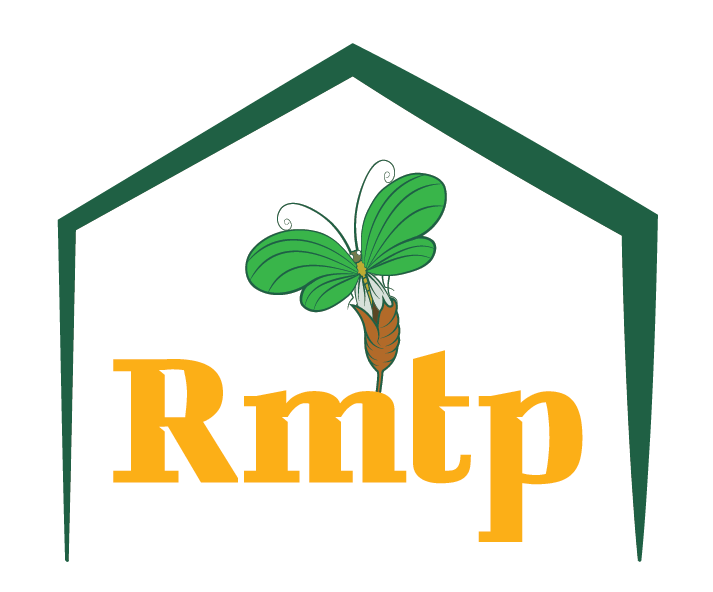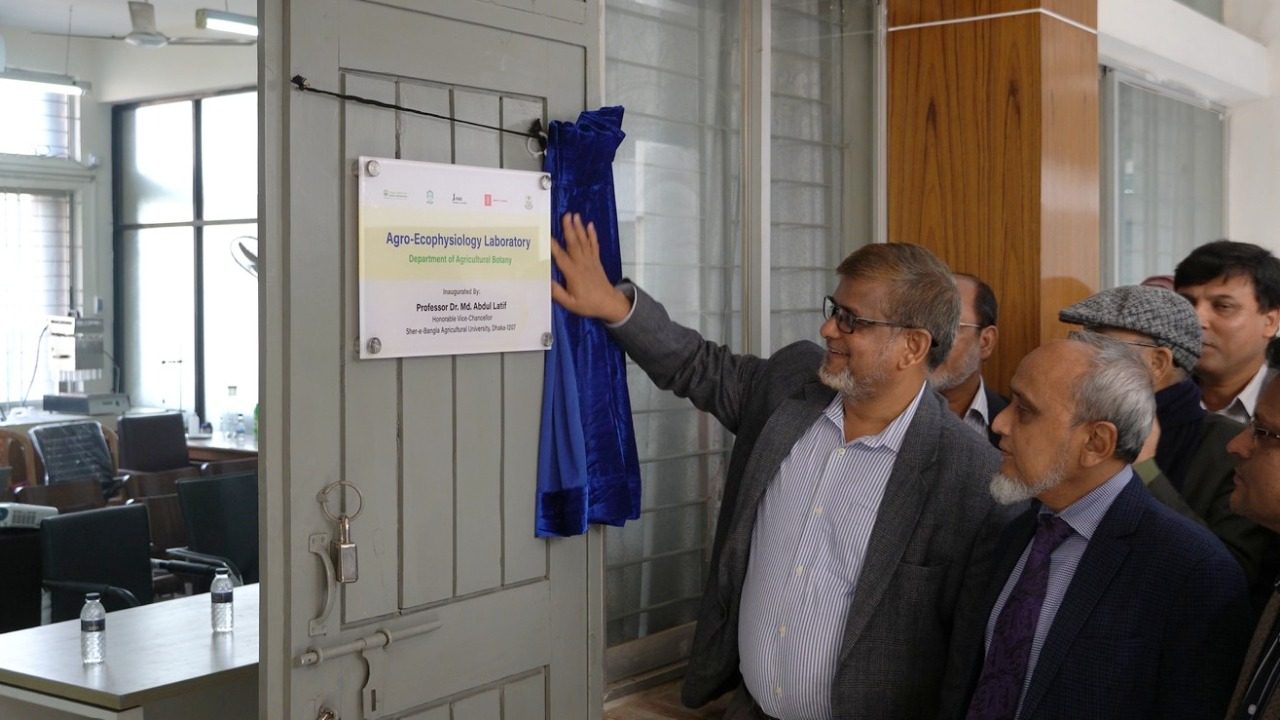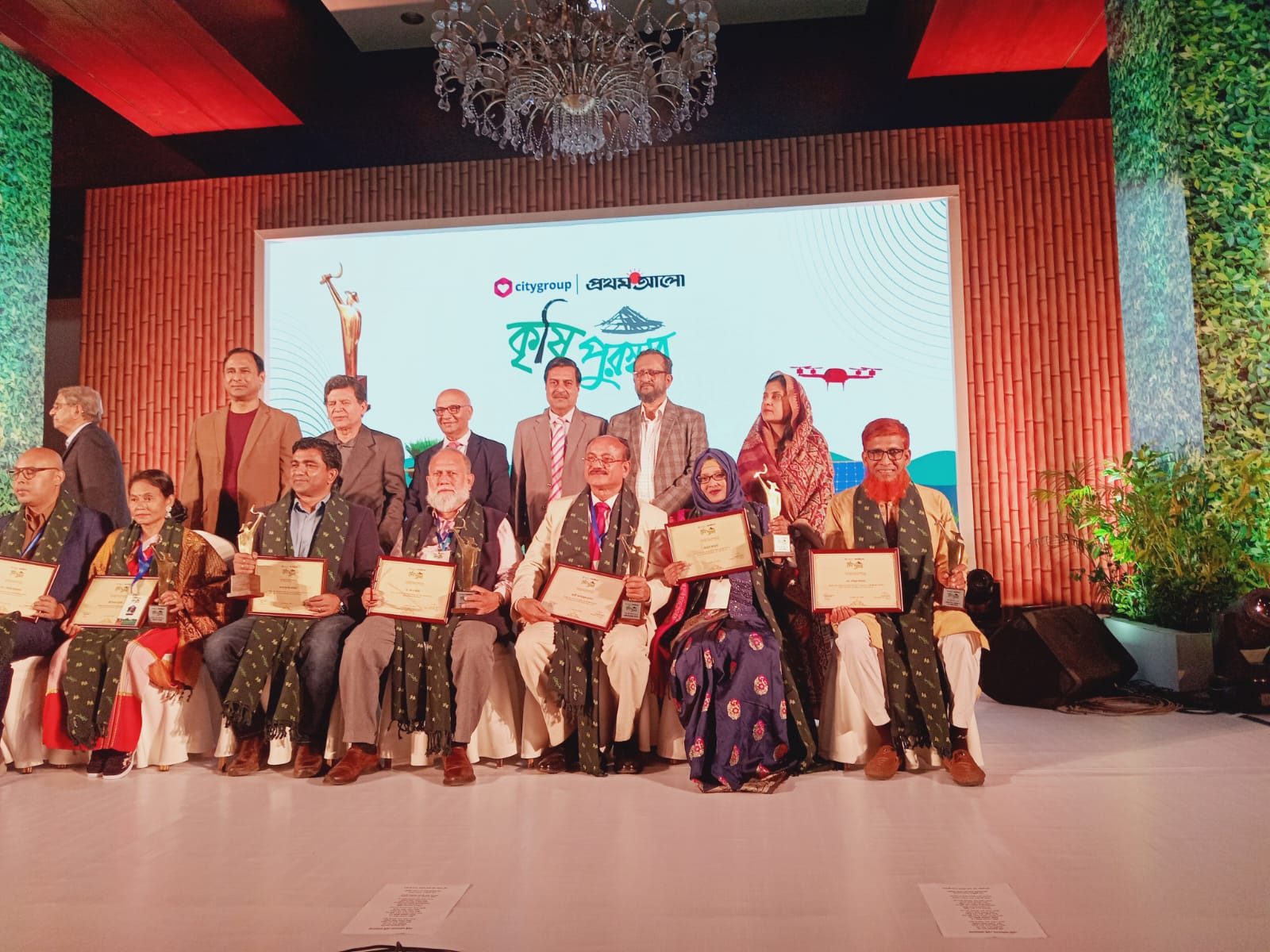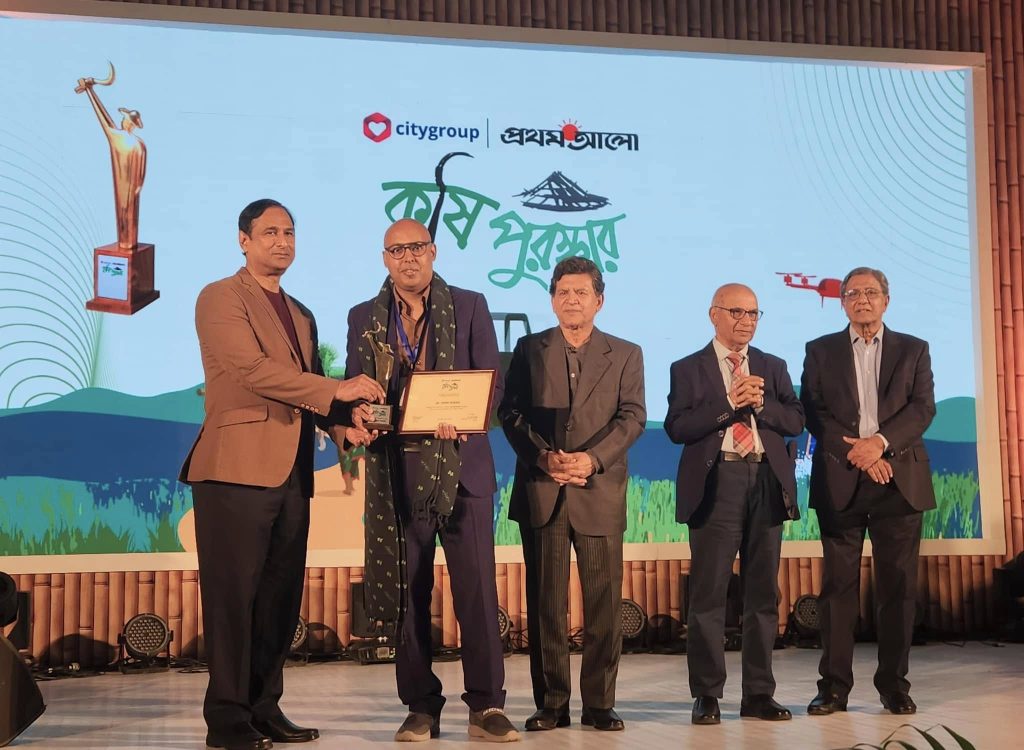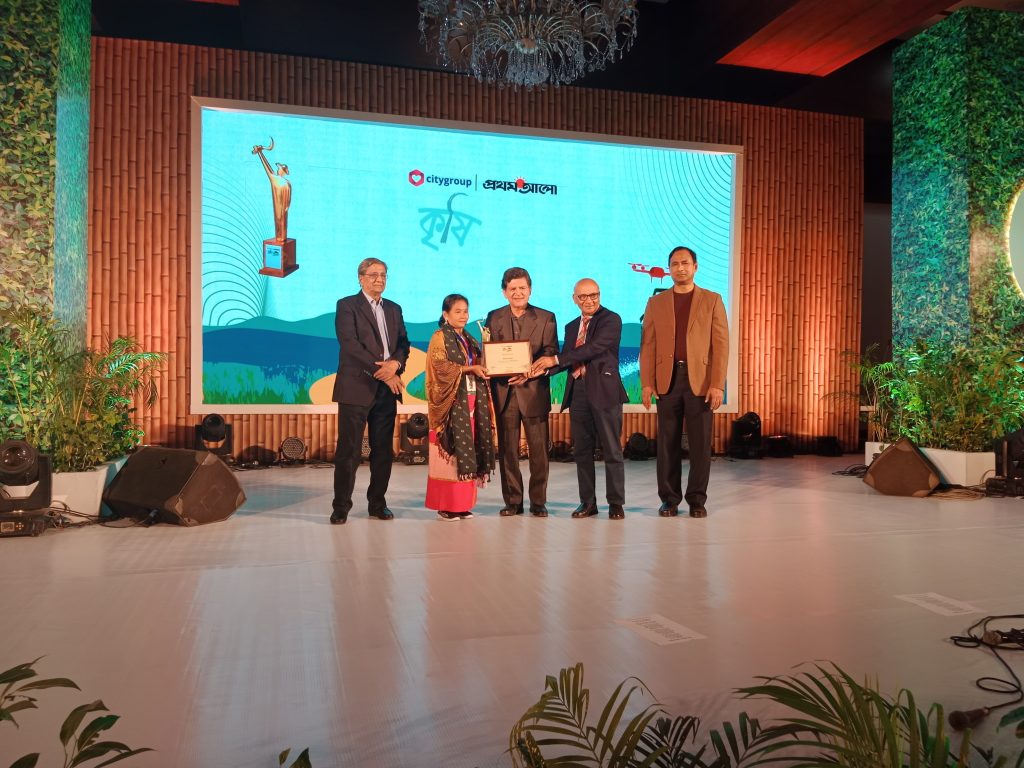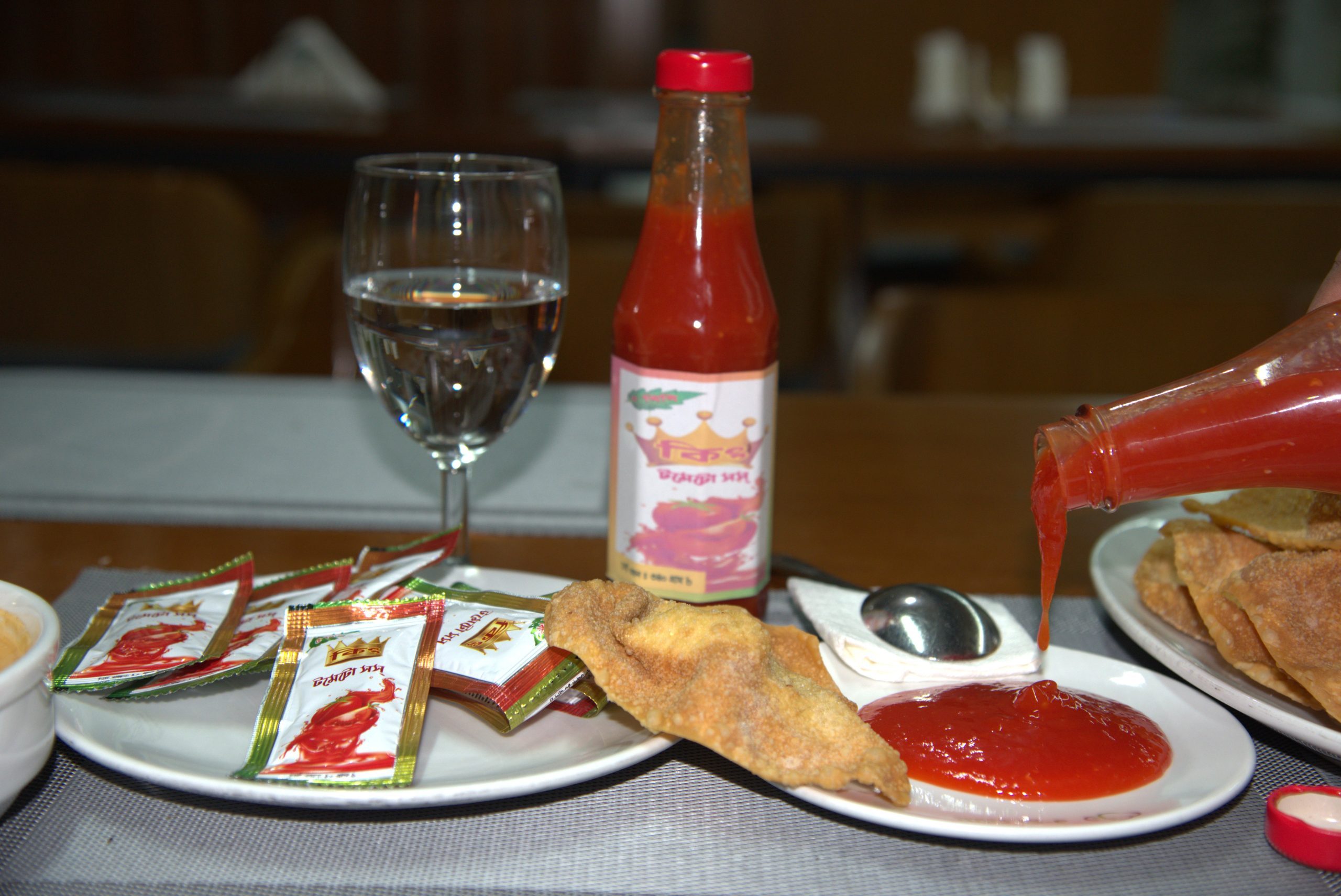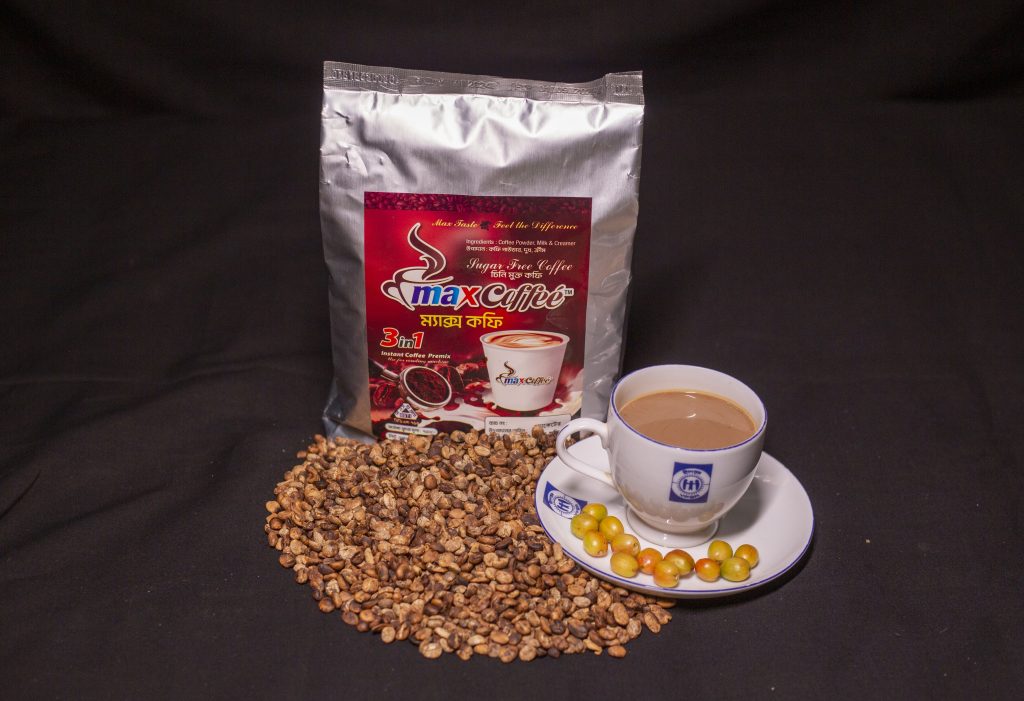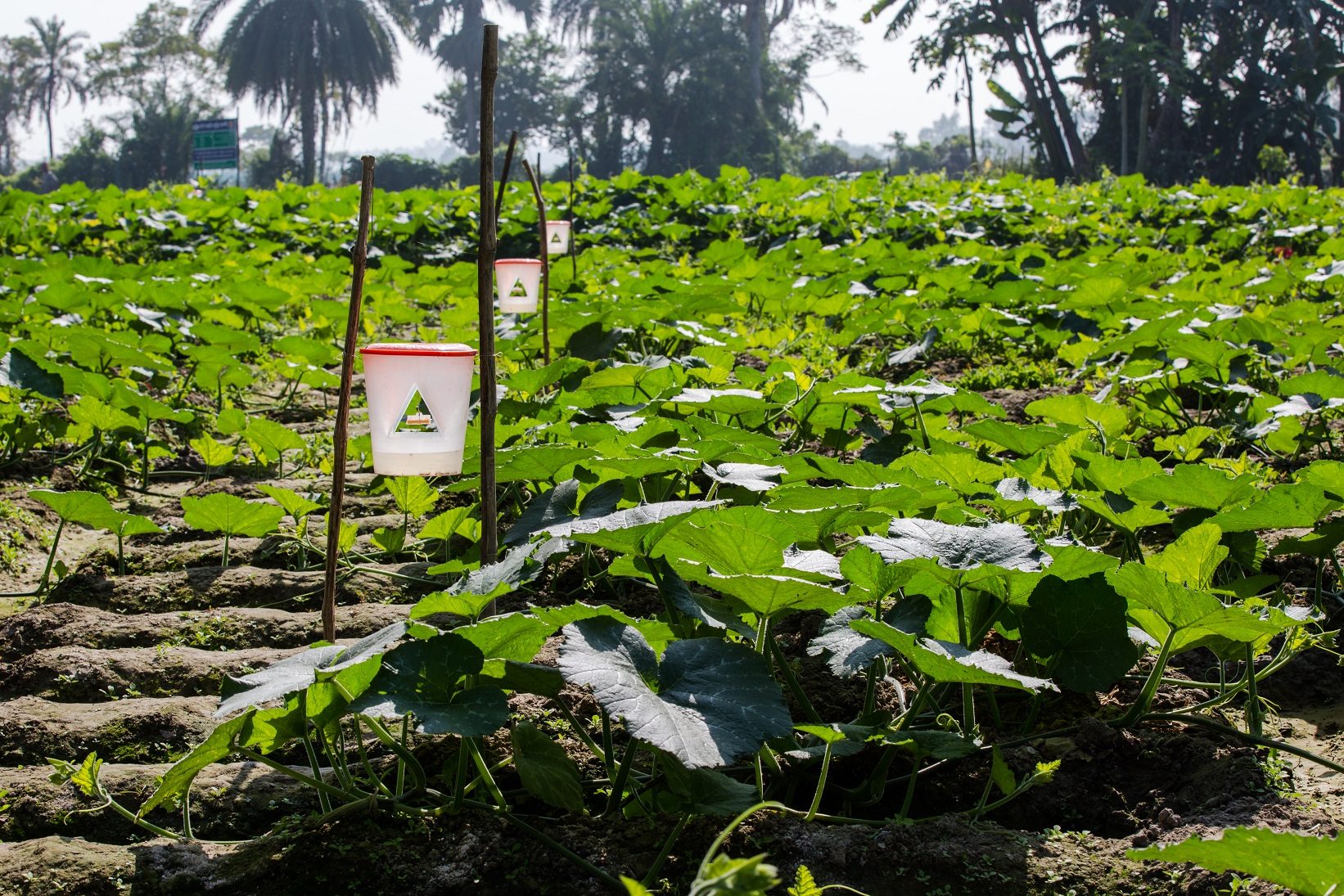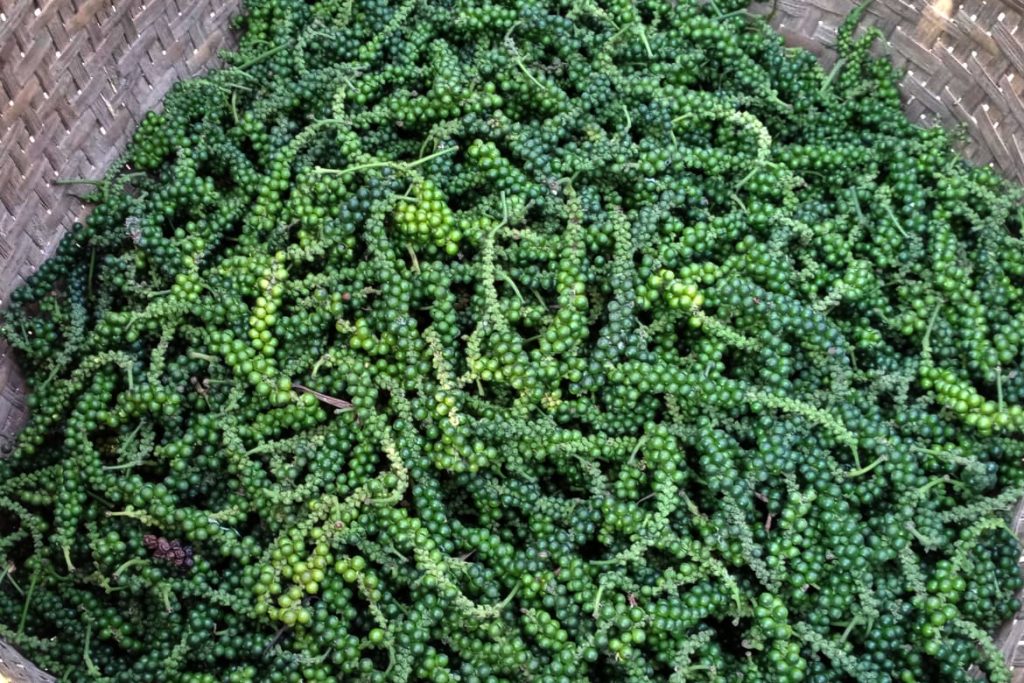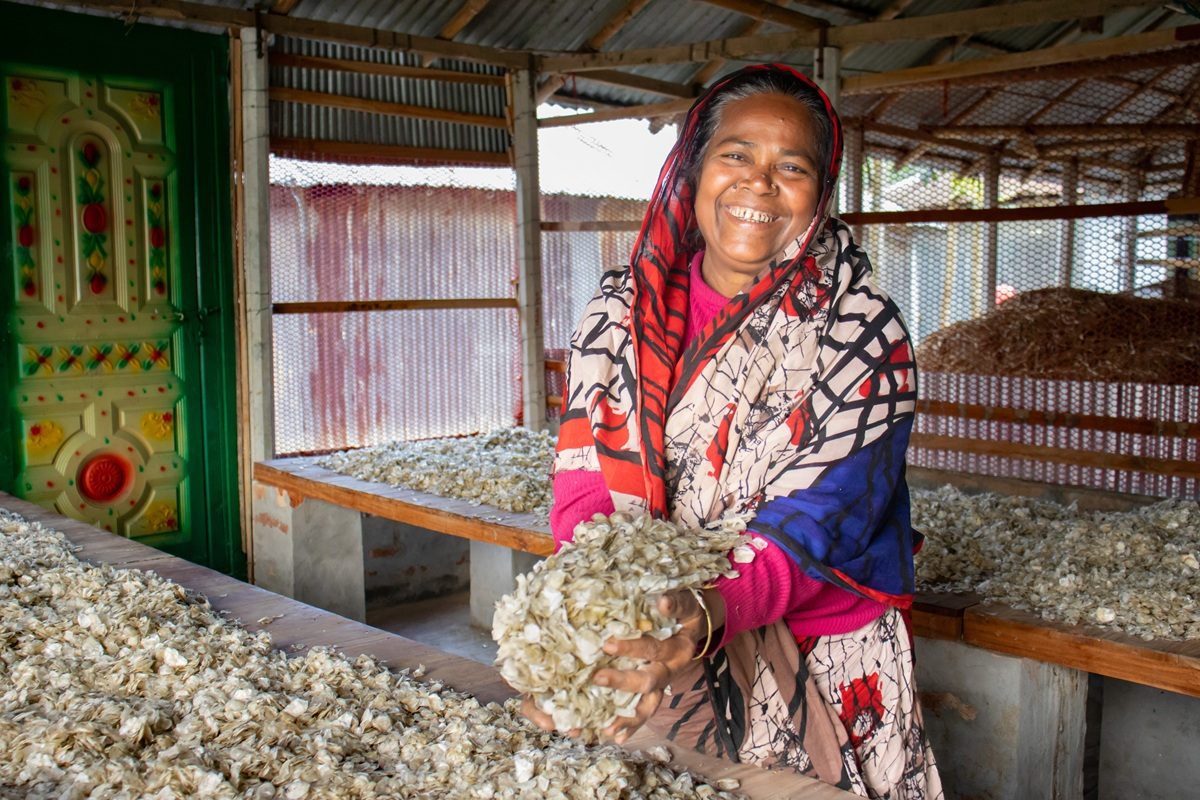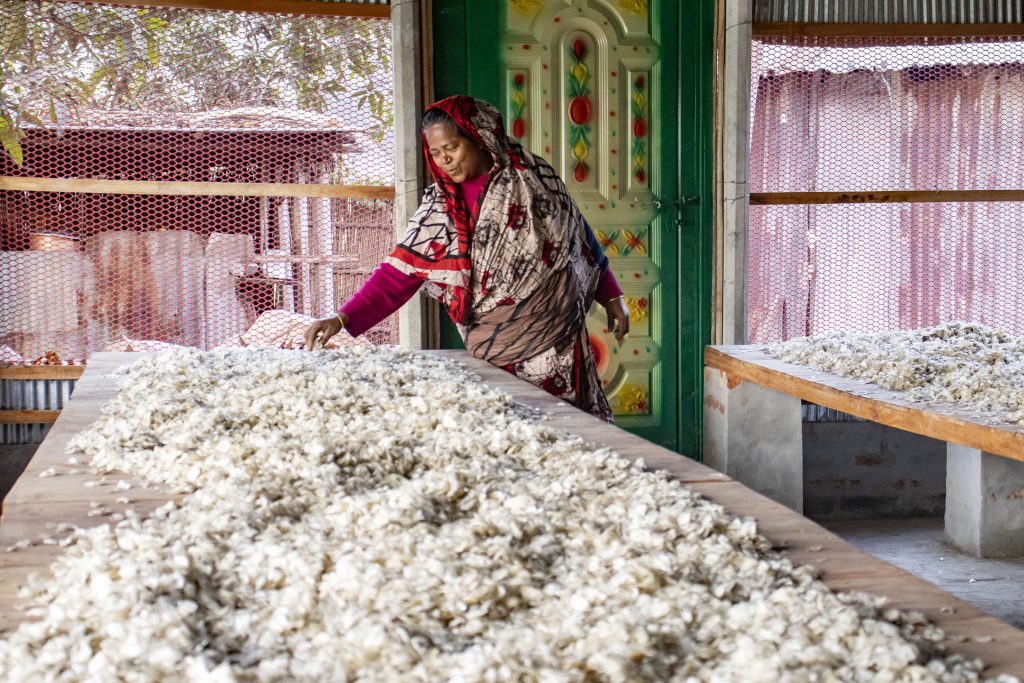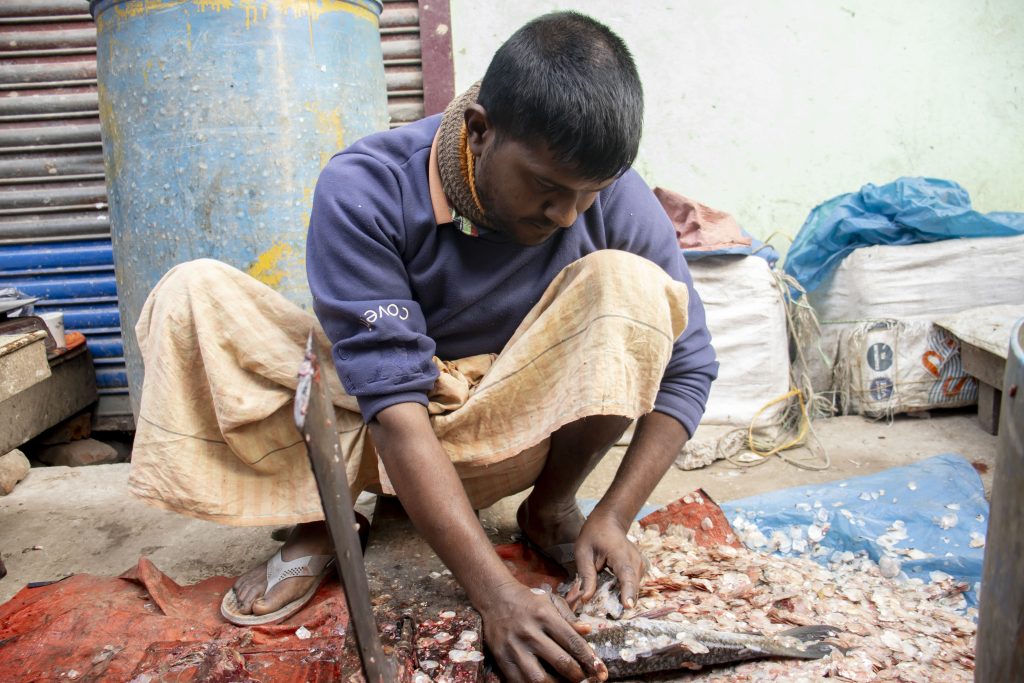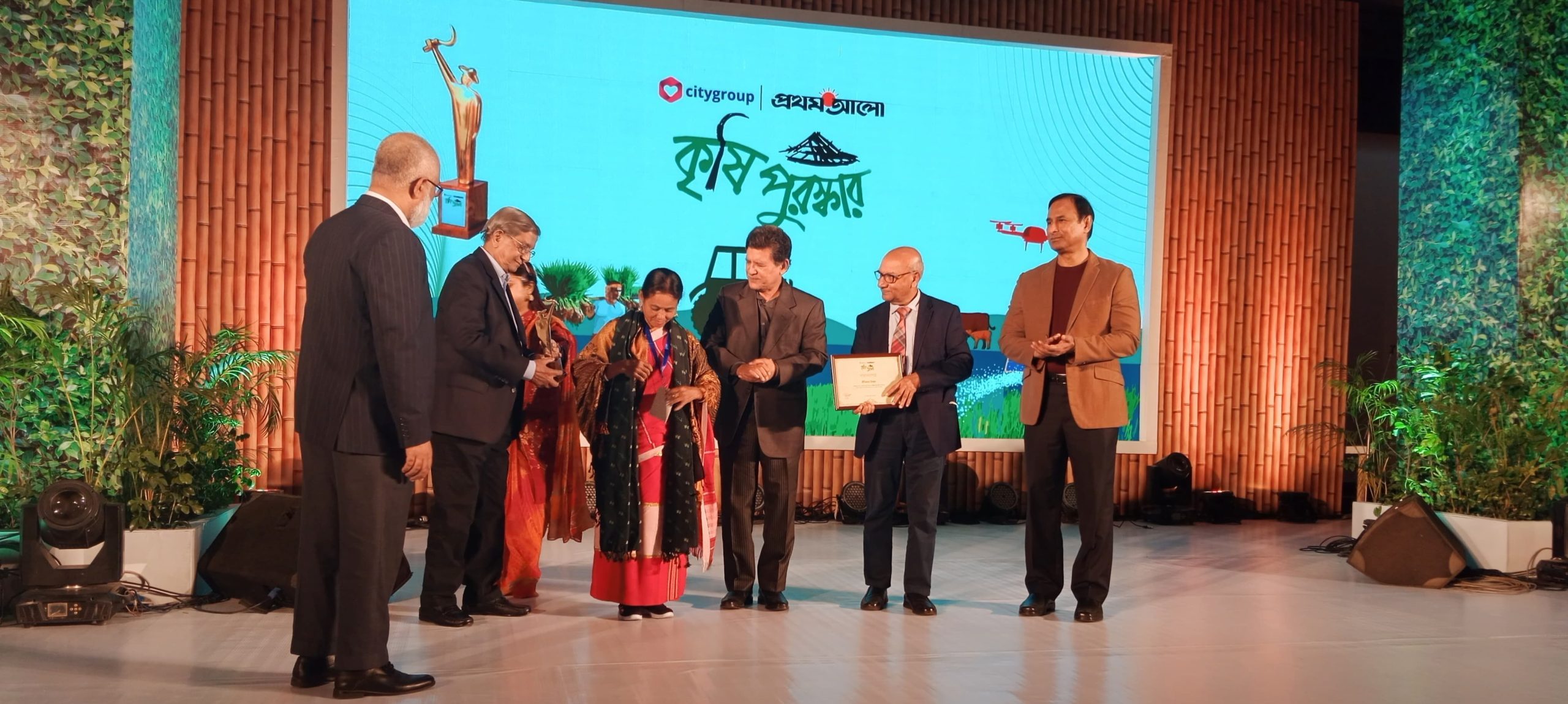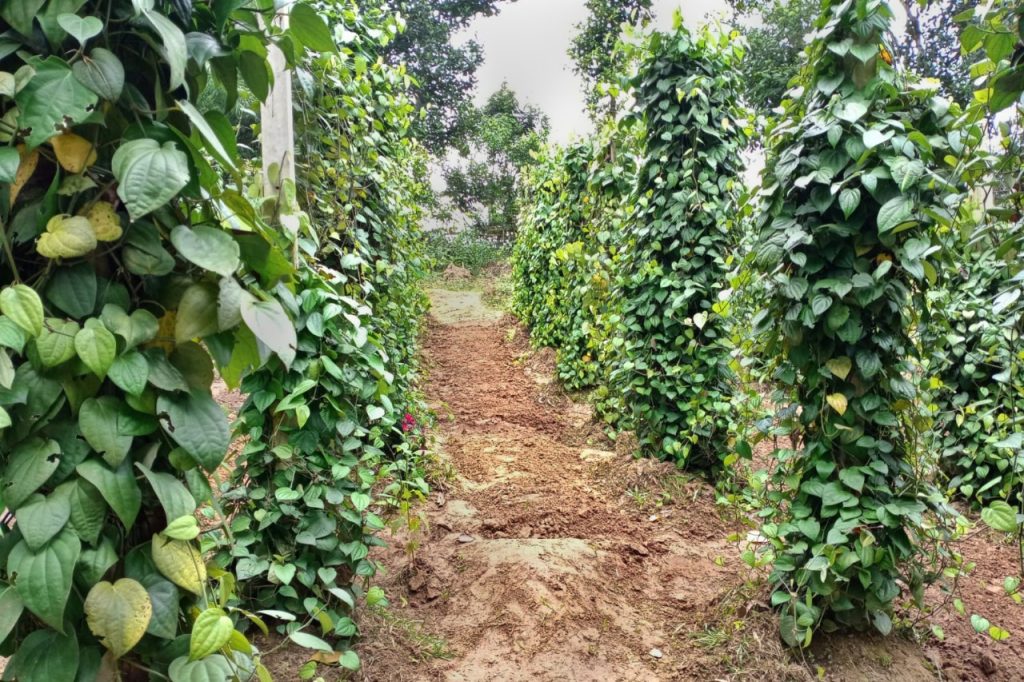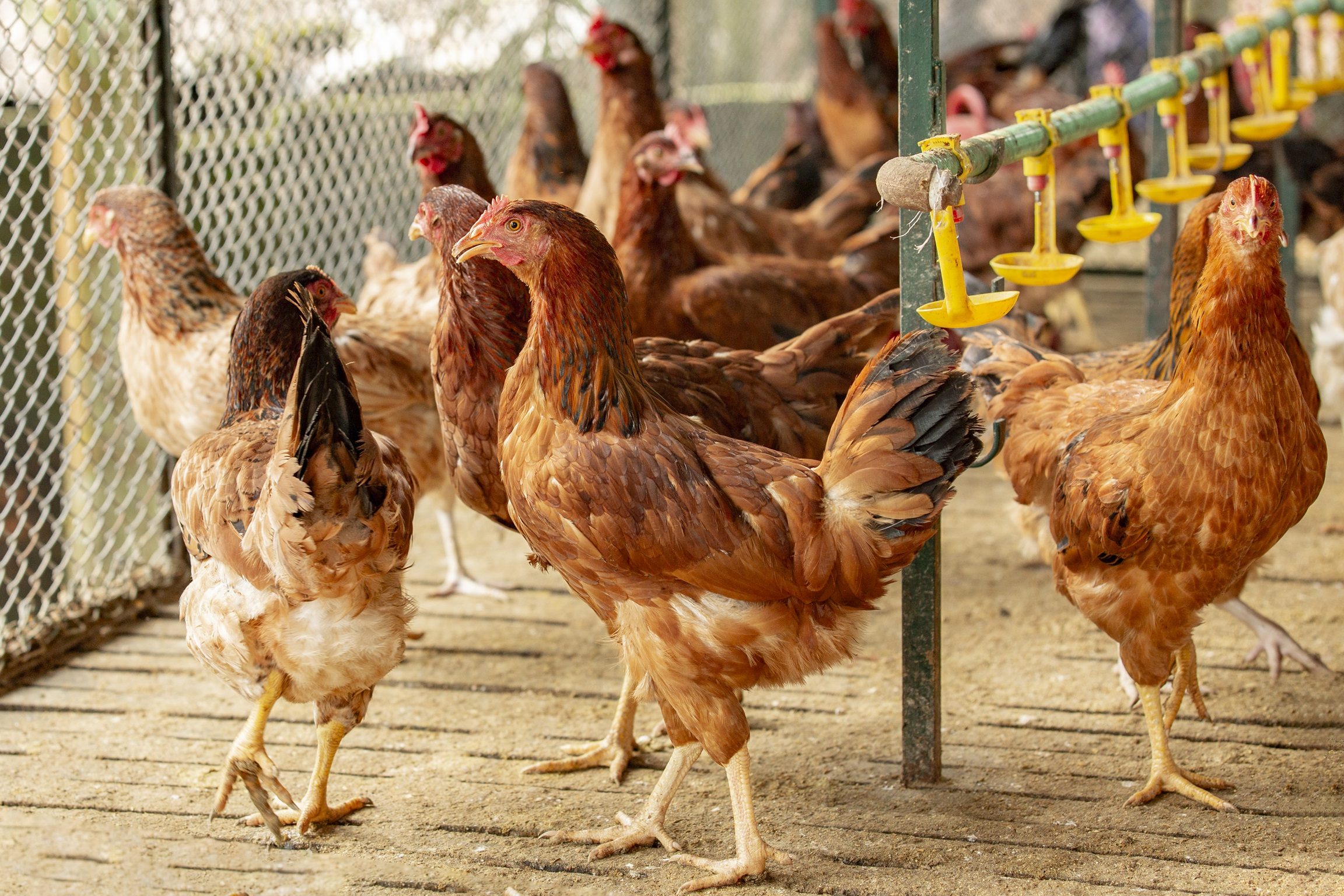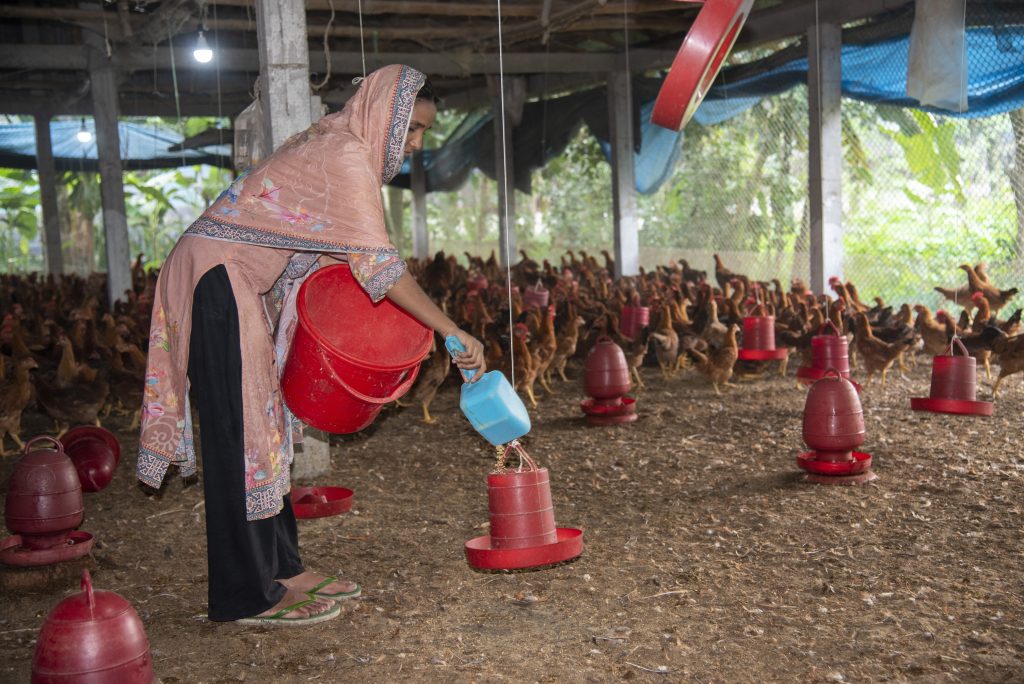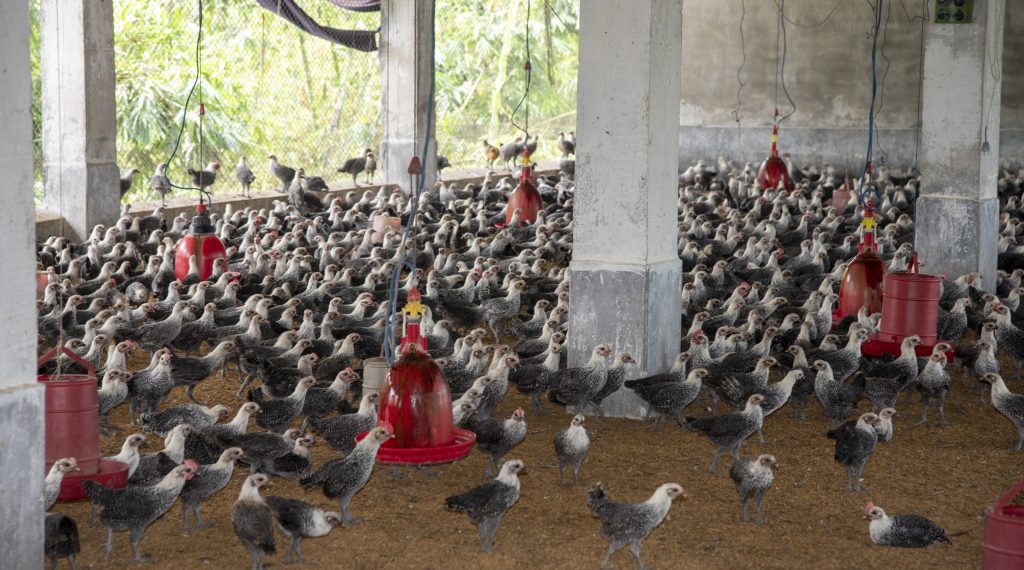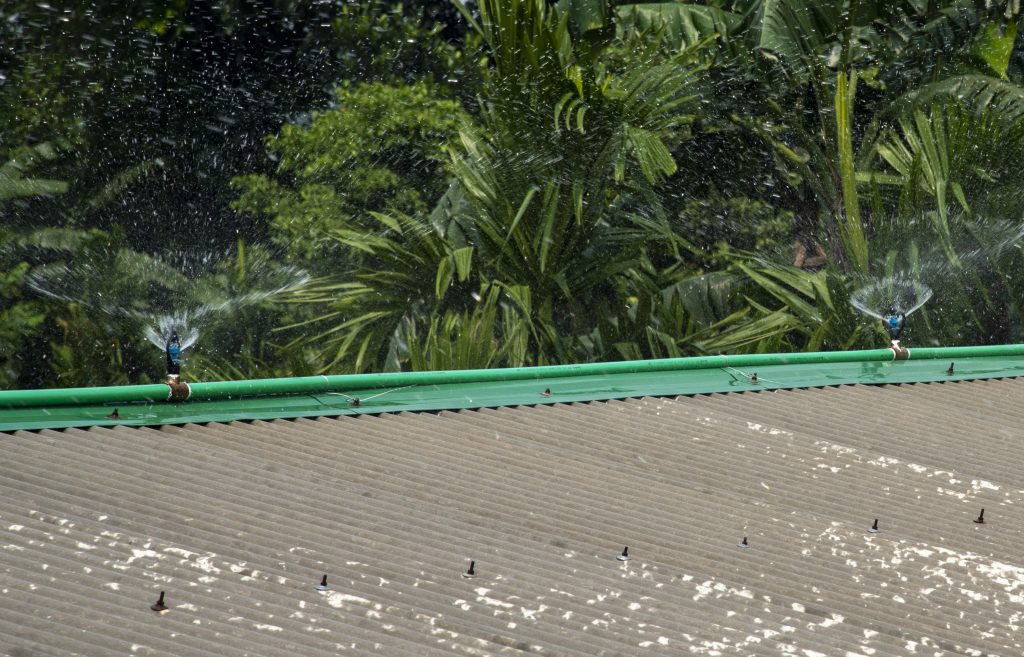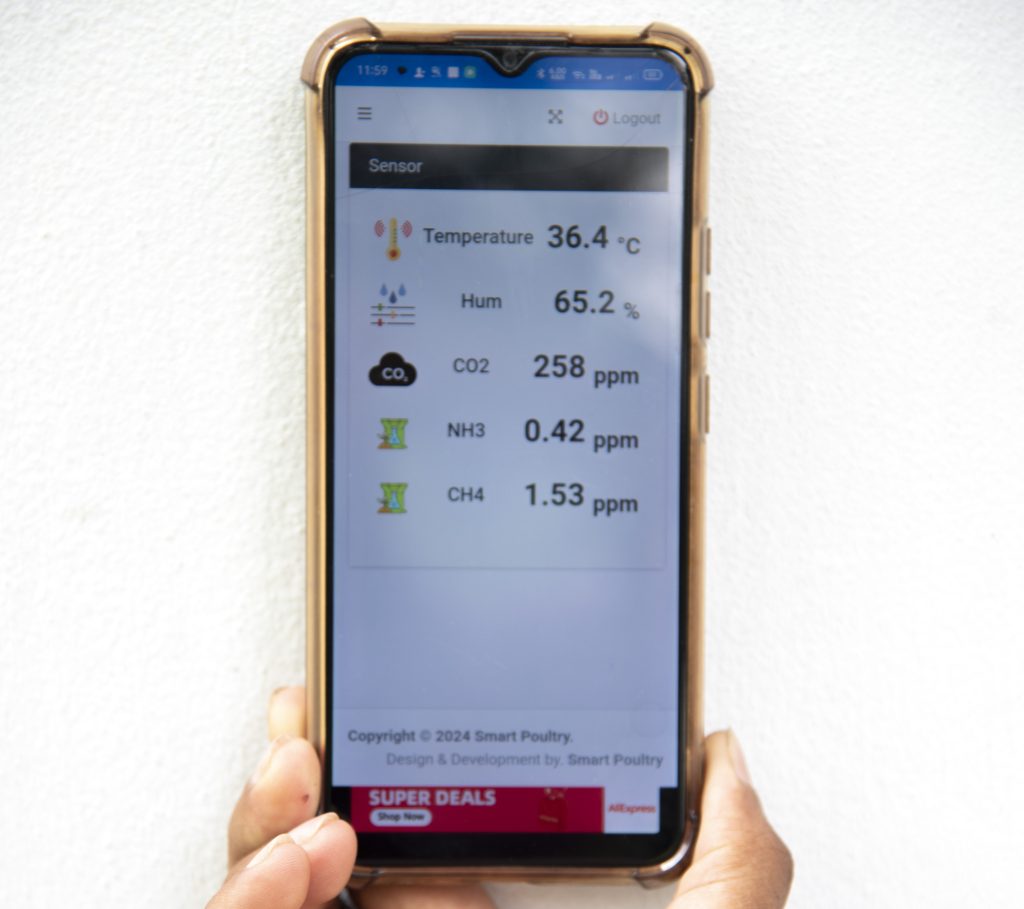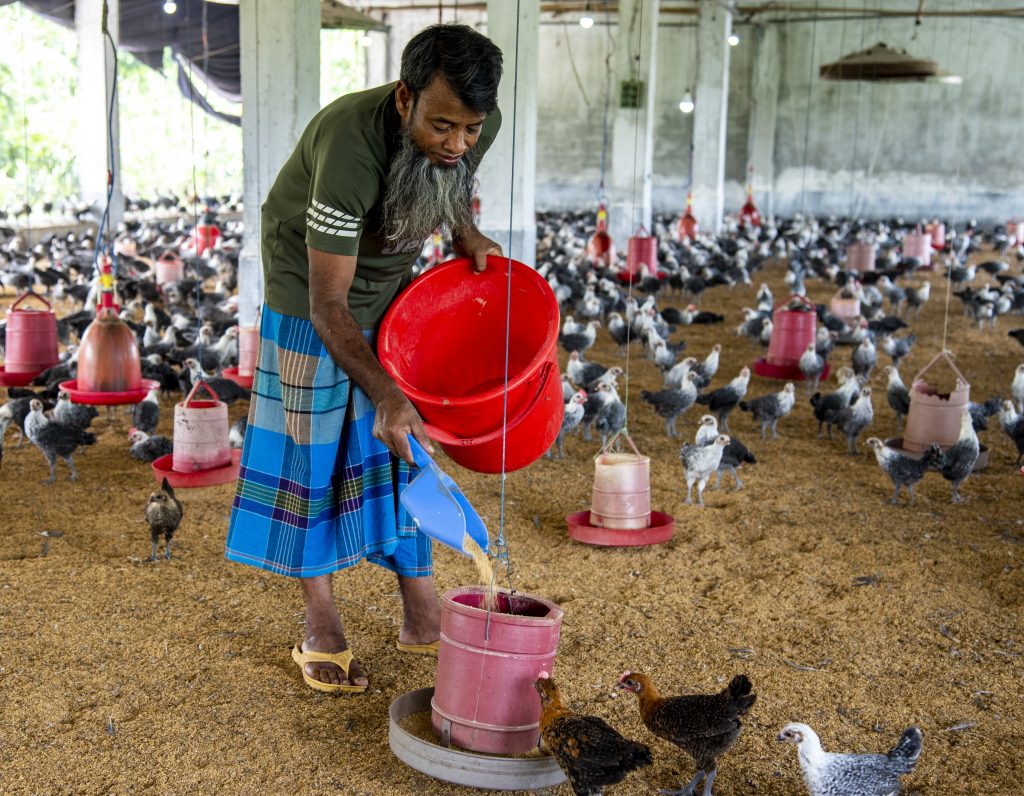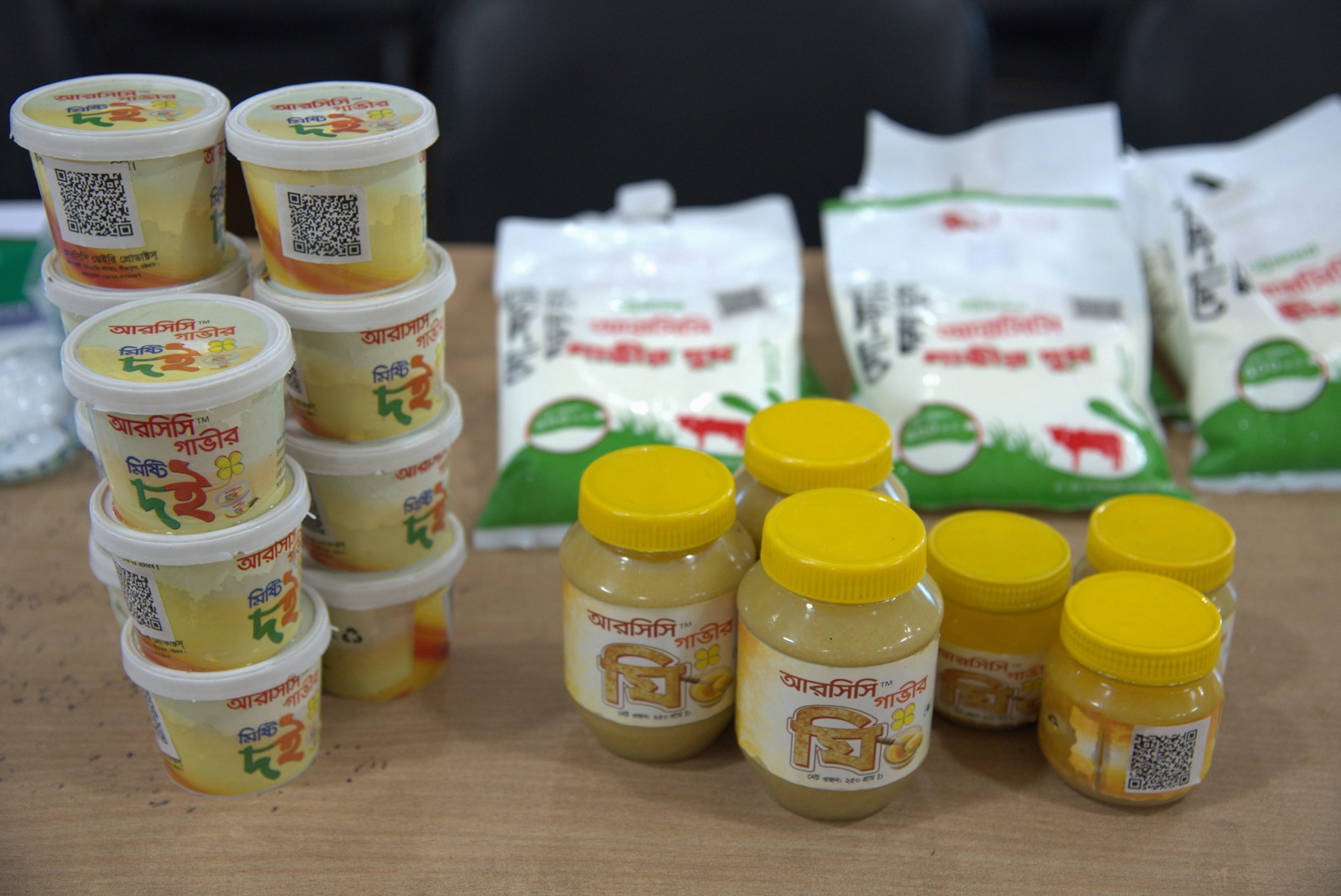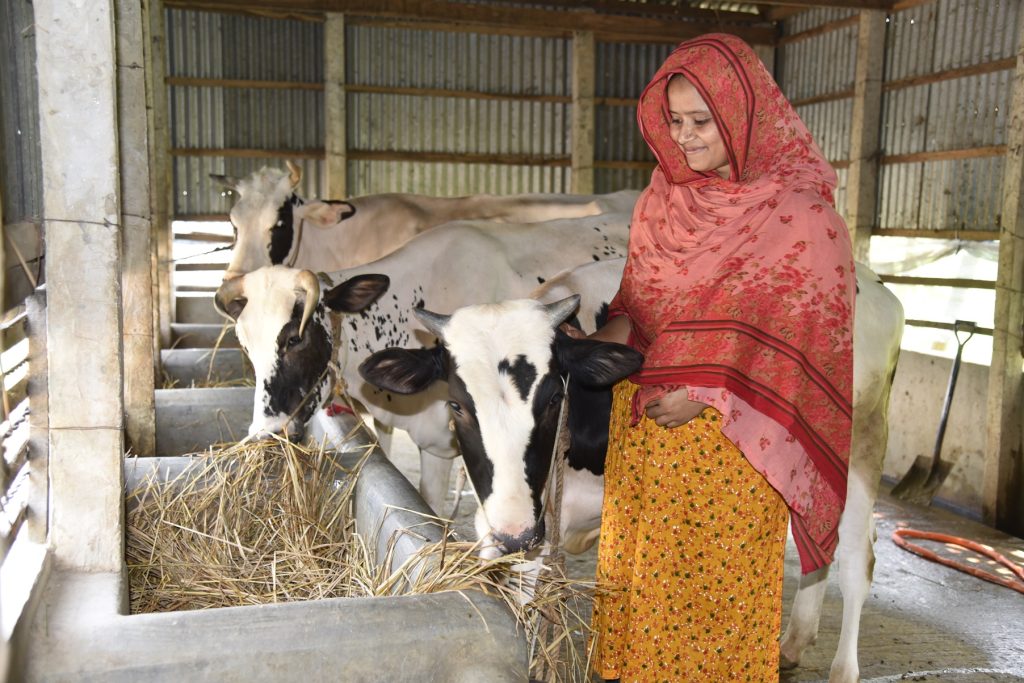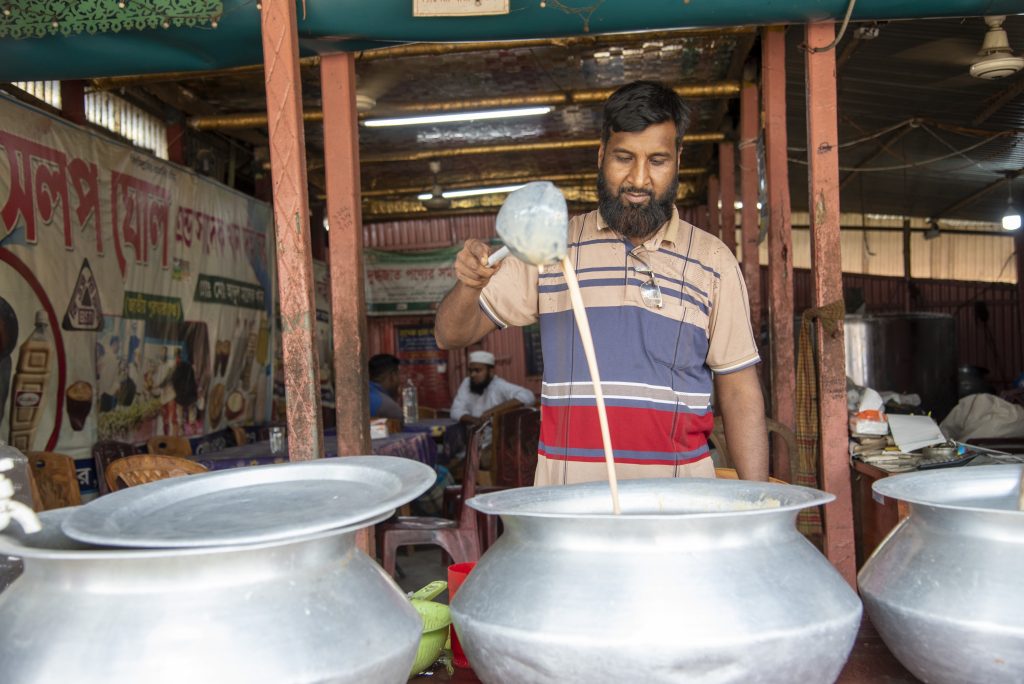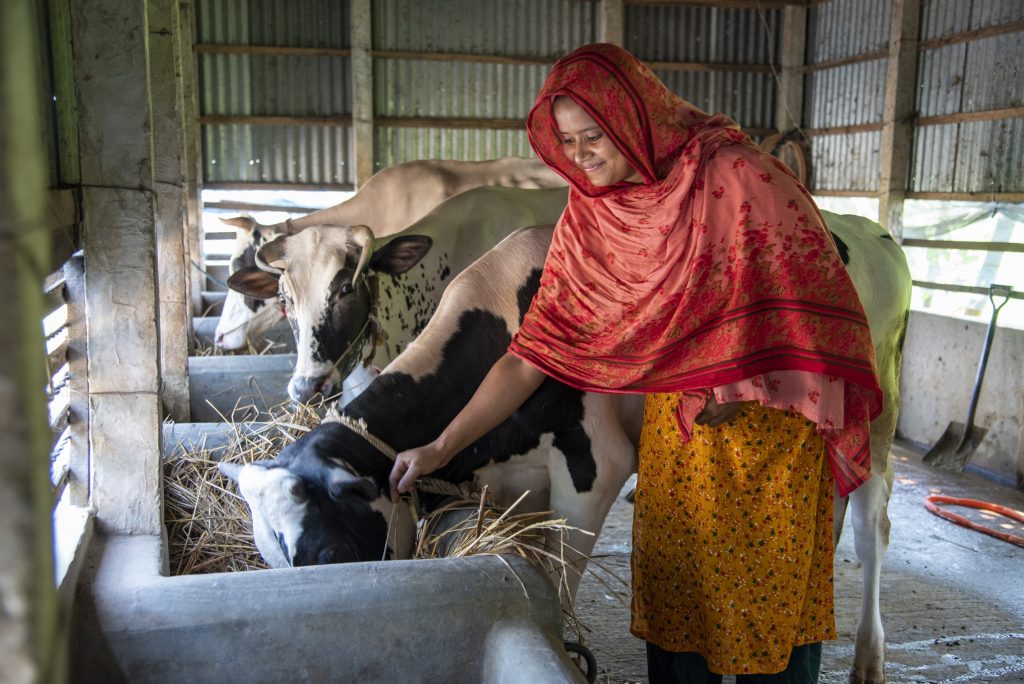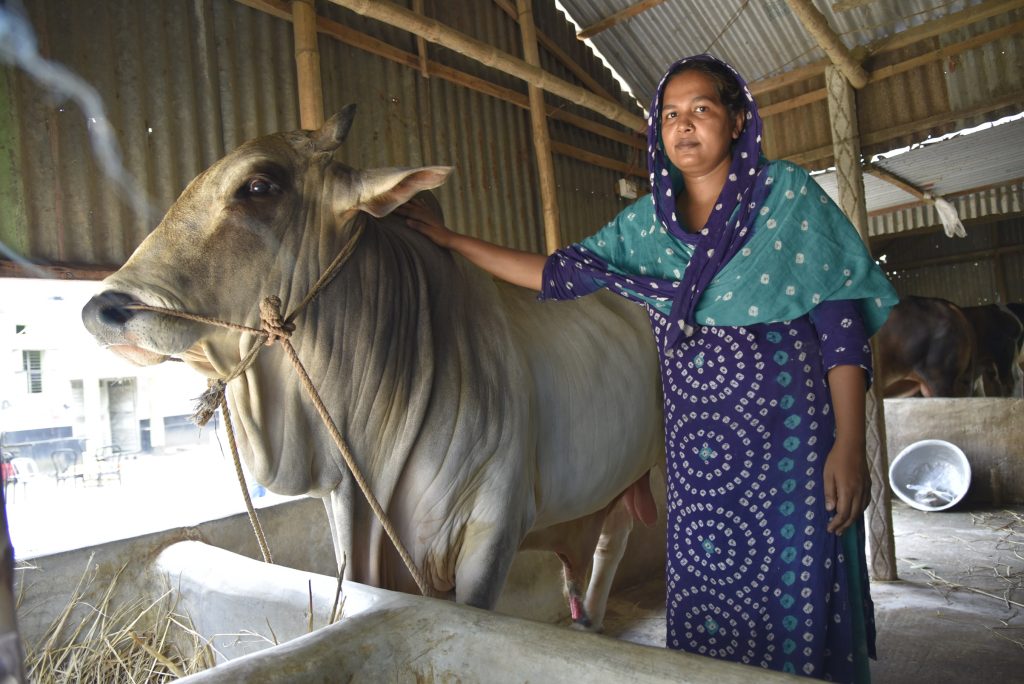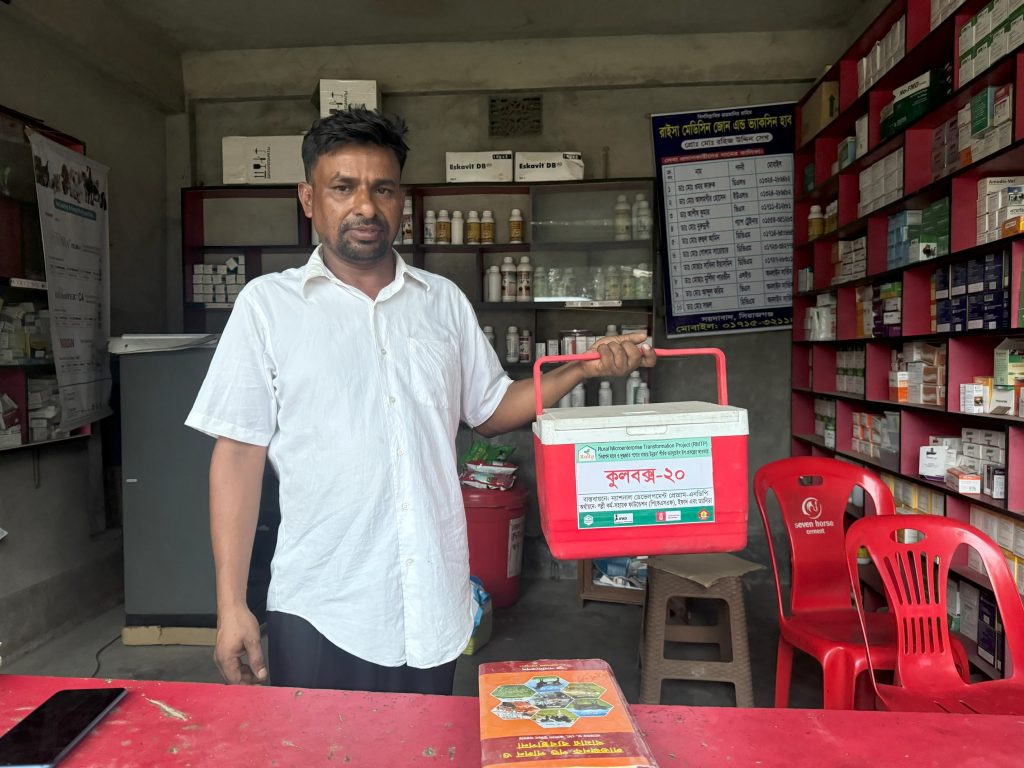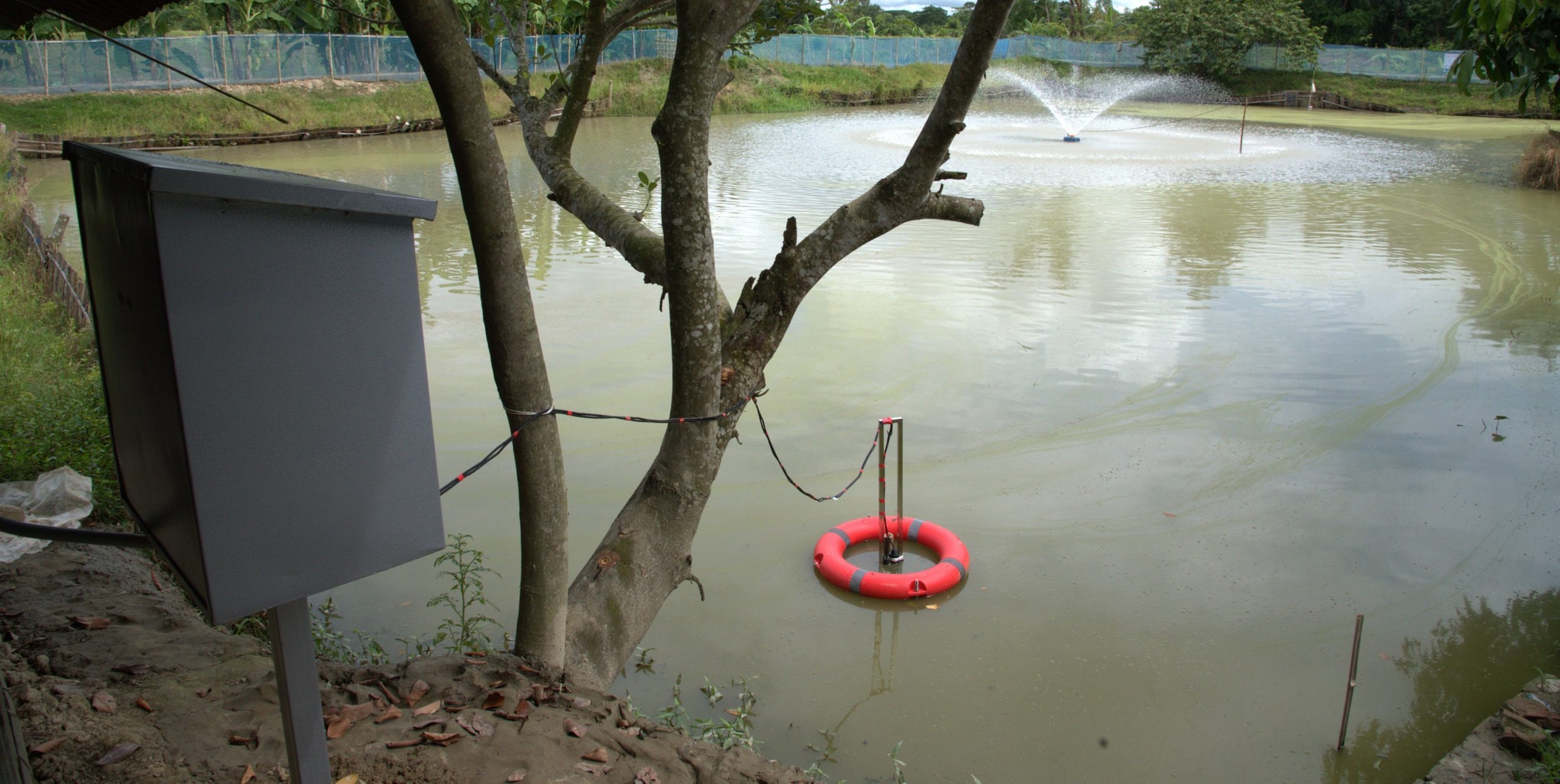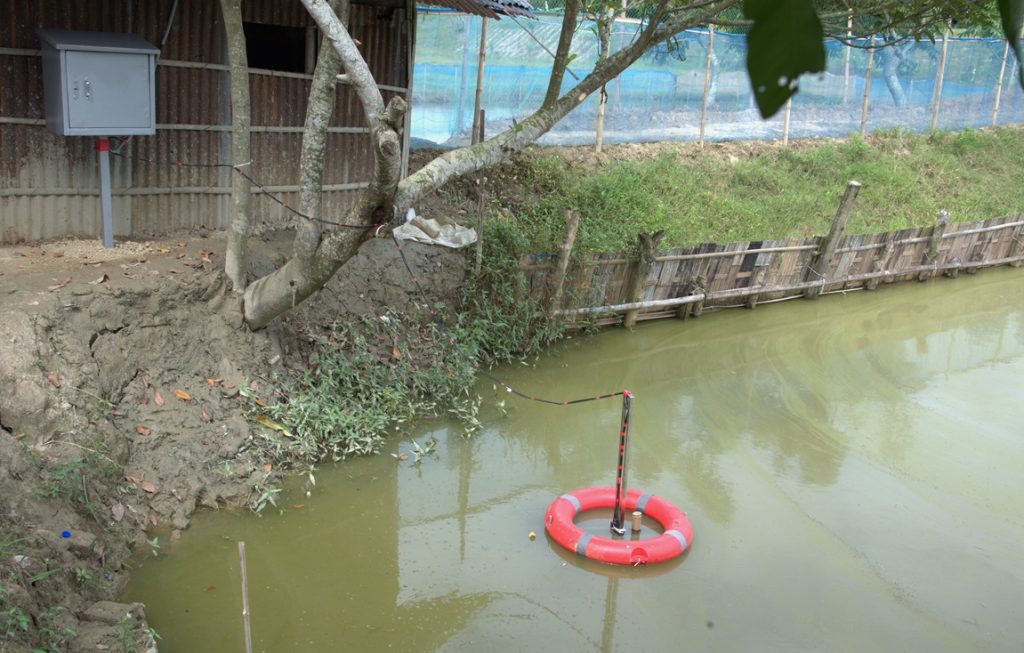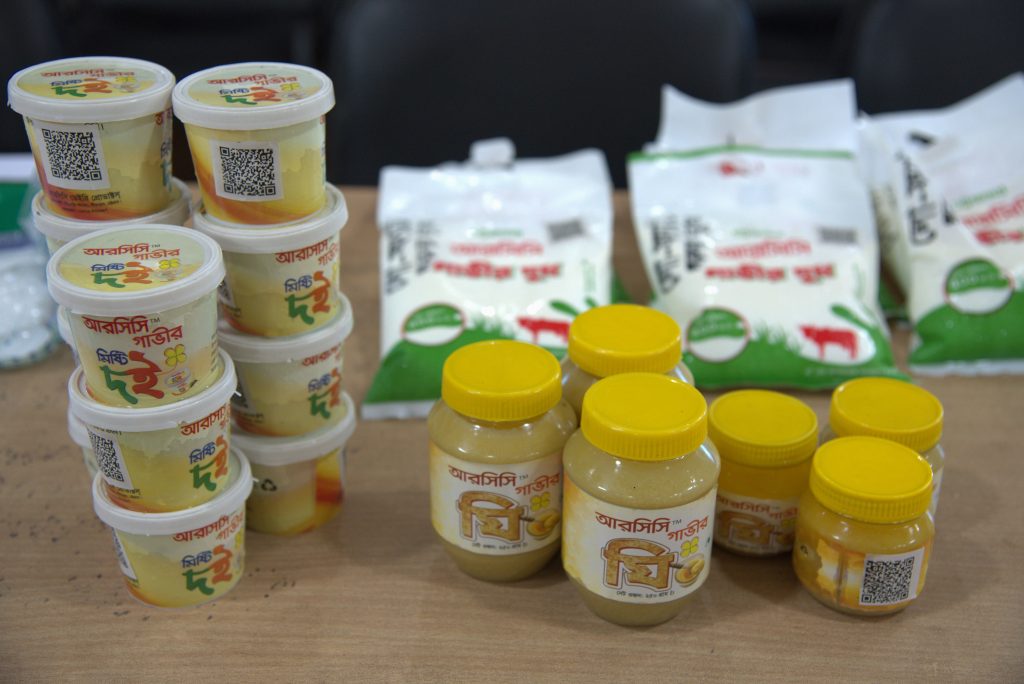Country’s first agro-ecophysiology lab launched to tackle climate challenges
Bangladesh recorded an important advancement in agricultural research as Sher-e-Bangla Agricultural University (SAU) has recently set up the country’s first Agro-Ecophysiology laboratory on its campus. The laboratory, established with financial support from Palli Karma-Sahayak Foundation (PKSF), was inaugurated on 11 January 2026. The laboratory is expected to play a crucial role in promoting sustainable agriculture by enhancing soil health and supporting the production of safe and nutritious food amid climate change challenges. The laboratory was inaugurated at the Dr. Kazi Badruddoza Research Centre of SAU by the Vice-Chancellor, Professor Dr. Md. Abdul Latif.
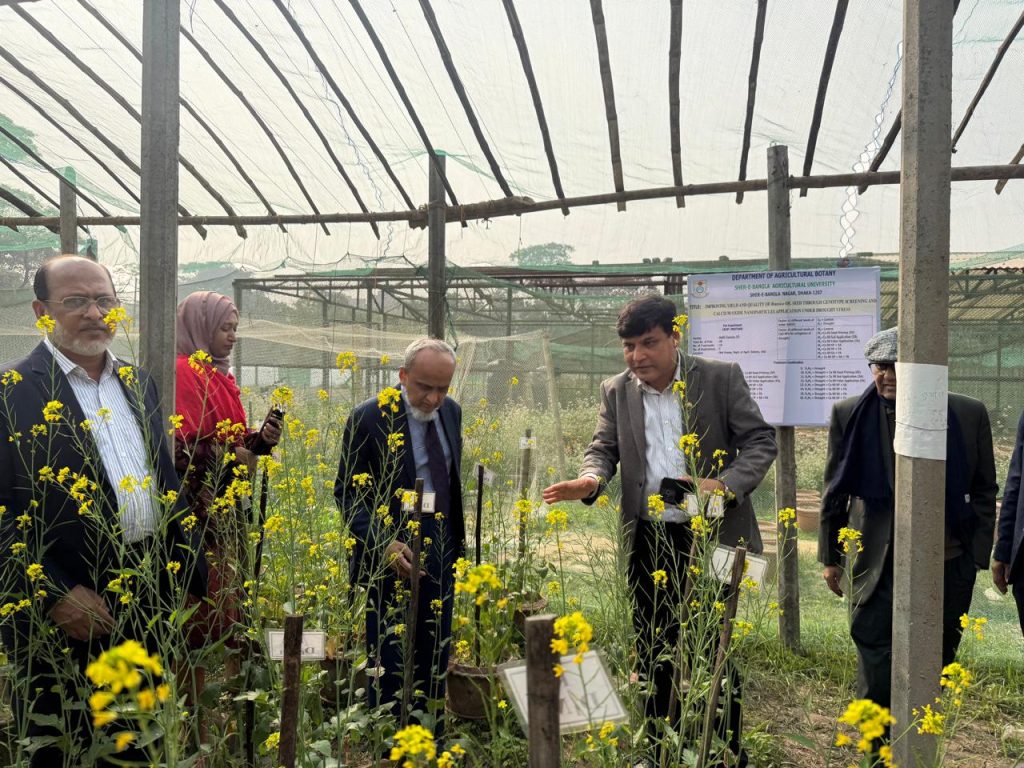
PKSF’s Deputy Managing Director, Dr. Akond Mohammad Rafiqul Islam, attended the event as special guest. Speaking at the ceremony, he highlighted that while research enjoys substantial funding in many countries, Bangladesh faces significant limitations in this area. Despite these constraints, he reaffirmed PKSF’s commitment to ensuring that research activities at agricultural universities continue uninterrupted, with PKSF extending all possible support within its capacity.
Equipped with modern instruments, the laboratory will enable precise analysis of nutrient levels and harmful elements in soil and plants. It will facilitate the assessment of plant responses under stress conditions and support the application of smart agriculture technologies, including organic soil inputs and nanotechnology to improve soil health. These initiatives are expected to enhance crop productivity while ensuring food safety and nutritional quality.
SAU Vice-Chancellor Professor Dr Md Abdul Latif, Treasurer Professor Md. Abul Bashar, Dean (Post-Graduate) Dr M Salahuddin M Chowdhury, , and Director (Planning and Development) Professor Dr Md Sarwar Hossain, among others, were present during the inauguration ceremony.
